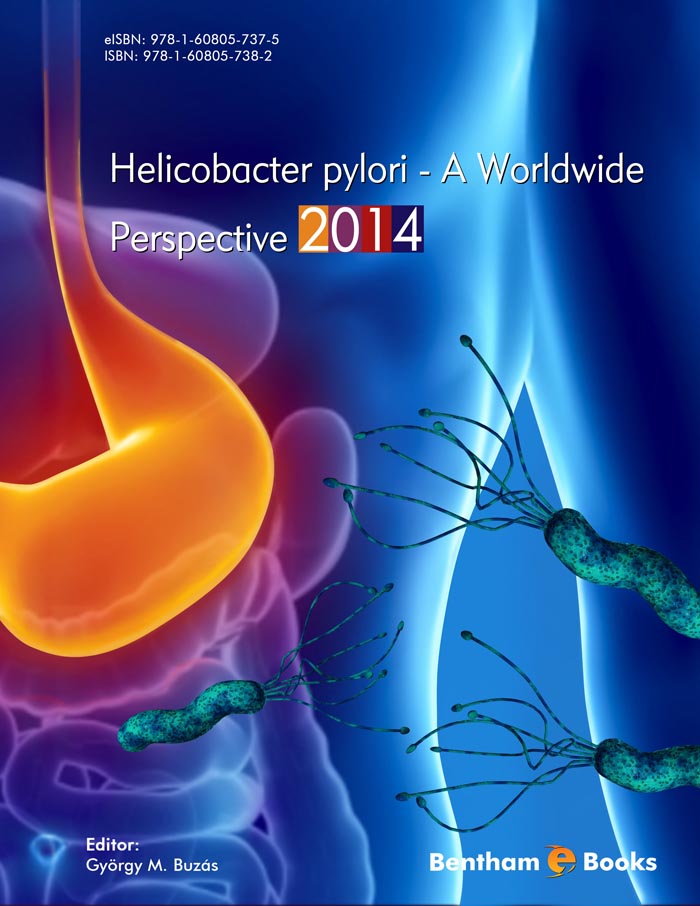Preface
The discovery of H. pylori almost 30 years ago triggered a paradigm shift in the medical community’s thinking about the pathogenesis and treatment of peptic ulcers, chronic gastritis, functional dyspepsia and other conditions. In the past 3 decades, it has generated an overwhelming amount of literature, including over 30,000 articles in peer-reviewed journals, dozens of books written in English - but also in many other languages - dedicated to the bacterium, congresses/congress sessions on all continents and many national, international and continental consensus statements. The major benefit of diagnosing and eradicating H. pylori was a change in the natural course of peptic ulcer disease, preventing its complications – a feat not achieved with any other treatment -, and improving the quality of life of the patients; regimens directed against the infections also proved to be cost-efficient in many parts of the world. The contributions of H. pylori-related basic research to the progress of bacteriology, therapeutics, genetics and many other fields all deserve a mention.
Knowledge about H. pylori has been widely distributed in hundreds of medical journals published worldwide. Several eBooks have already been published but unfortunately, due to the long editorial times, most become outdated shortly after their release. This is why after being invited by Bentham Publishers I was very keen to propose and compile the content of an eBook which will offer all the advantages of rapid and worldwide distribution. The preliminary content and structure of the eBook was peer-reviewed and approved by the publisher.
The initial goal of this eBook is to give a broad perspective of Helicobacter pylori research in all major continents/geographic areas. To achieve this, more than 100 personalised letters were sent to potential contributors from 35 states, asking them to contribute with a review chapter. The subject for each author was chosen after careful review of their specific research field. Many international experts answered promptly and positively, while others proposed as co-authors their collaborators or PhD recipients: thus the list of contributors contains well-known experts and specialists along with “rising stars”. Unfortunately there were experts who declined the opportunity to write a chapter, but I fully understand their position. To my greatest surprise, I was unable to obtain contributions from the world most populous countries, even after repeated invitations. All in all, however, 20 chapters were finally submitted covering most, if not all fields of H. pylori research, ranging from microbiology, biochemistry and epidemiology to clinical aspects, meta-analysis of therapeutic results, etc. Particular emphasis was laid on presenting the local features of each country/continent, although this resulted in some overlaps.
In spite of a relatively tight deadline and many other appointments/duties, all of the contributors forwarded their chapters in due course. I greatly appreciate their effort and am very grateful to all the authors for what they achieved. I sincerely hope that we will succeed in compiling an eBook unique in both, structure and content.
Finally, my thanks goes to the staff of Bentham Science who published the eBook. We all hope the readers will enjoy it.
Görgy Miklós Buzás
Budapest
Hungary

